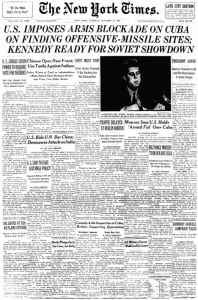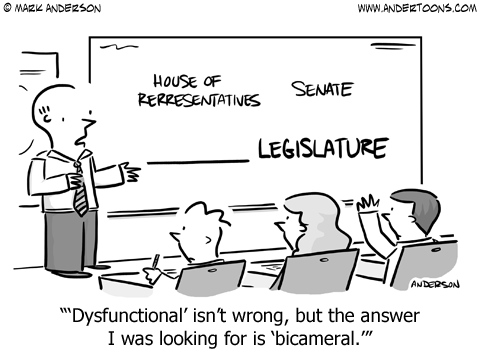Good morning, Whitewater.
Friday will bring a probability of rain and a high of sixty to Whitewater. Sunrise is 7:18 and sunset 5:59, for 10h 41m 00s of daytime. The moon is a waxing gibbous with 78.2% of its visible disk illuminated.
On 10.23.1983, “a suicide truck-bombing at Beirut International Airport in Lebanon killed 220 U.S. Marines, 18 sailors and 3 Army soldiers; a near-simultaneous attack on French forces killed 58 paratroopers.”
On this day in 1869, John Heisman is born:
John William Heisman (October 23, 1869 – October 3, 1936) was an American player and coach of football, basketball, and baseball. He served as the head football coach at Oberlin College (1892, 1894), Buchtel College—now known as the University of Akron (1893–1894), Auburn University (1895–1899), Clemson University (1900–1903), Georgia Tech (1904–1919), the University of Pennsylvania (1920–1922), Washington & Jefferson College (1923), and Rice University(1924–1927), compiling a career college football record of 186–70–18.
His 1917 Georgia Tech Yellow Jackets have been recognized as a national champion. Heisman was also the head basketball coach at Georgia Tech (1908–1909, 1912–1914), tallying a mark of 9–14, and the head baseball coach at Buchtel (1894), Clemson (1899–1904), and Georgia Tech (1904–1917), amassing a careercollege baseball record of 219–119–7.
He was inducted into the College Football Hall of Fame as a coach in 1954. The Heisman Trophy, awarded annually to the season’s most outstanding college football player, is named after him.[2]
On this day in 1921, the Packers play a first:
1921 – Green Bay Packers First NFL Game
On this date the Green Bay Packers played their first NFL game. The Packers defeated the Minneapolis Marines 7-6, for a crowd of 6,000 fans and completed their inaugural season with 3 wins, 2 losses, and 2 ties.[Source: Packers.com]
A Google a Day asks a science & technology question:
The general who directed the project responsible for the “Fat Man” graduated from what alma mater in 1918?


